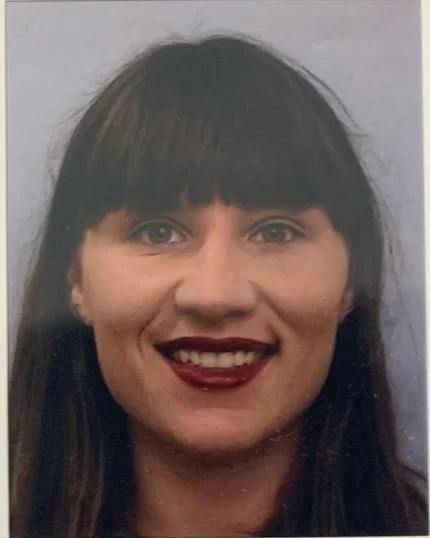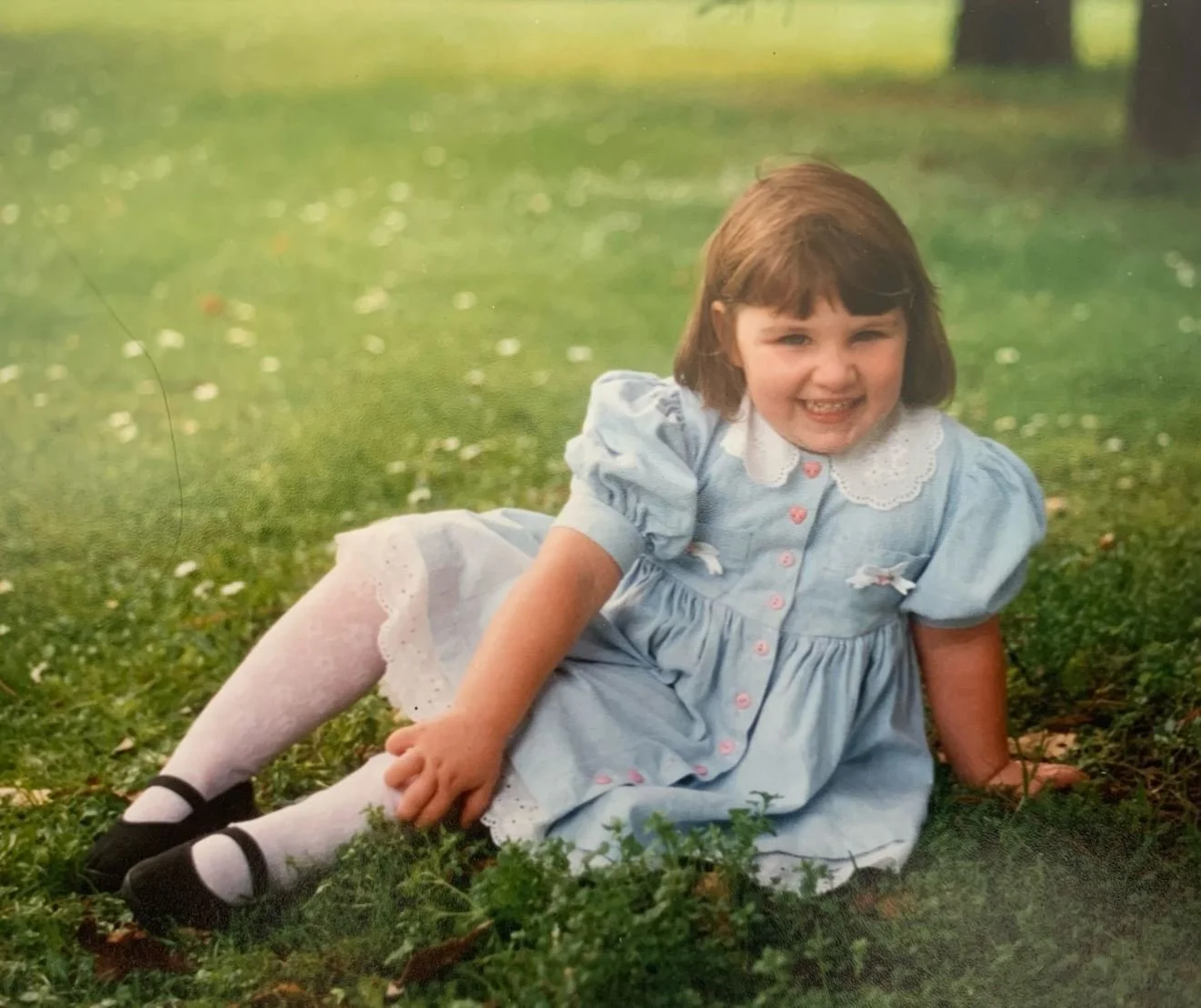The trials and tribulations of botox - one needle at a time
To bo, or not to bo? That is the question
When I turned 30 I made an appointment with an “injections specialist” as a joke gone too far. I’d get butt implants for a laugh if I had the money. I left the appointment with Botox riddled all over my forehead, eyes, and cheeks.
After 10 days the Botox kicked in, I was about NZ$400 poorer, and while the majority of friends were in awe in a positive sense, there were a handful of people that asked what was wrong with my face.
I regrettably punctured my bunny ears - the frown lines on the side of one’s schnoz - in a bid to stop scrunching my nose. I smiled weirdly for three months. It was a big mistake. Did I get Botox again? Religiously so, ever since - and despite having a fringe for what will probably be the rest of my life. Cosmetic procedures are polarising. Camp A would say botox is regressive and it’s morally wrong to contribute to a multi billion dollar industry that’s designed to objectify women, keeping them snuggled in patriarchal structures.
Botox lovers are doing nothing for battling sexism, and instead the male gaze reigns supreme and authenticity suffers as a consequence. It’s privilege, it’s trivial, and people should age “gracefully”, they’d say.
But 4.4 million people in the US said otherwise in 2020 alone. A year earlier, the botulinum toxin market made US$3.19 billion. It’s projected to reach US$7.71 billion by 2027. Botox has been so popular that legislation was introduced in the UK banning those under 18 from going under the needle.
Image: Sasha on the left
Those in Camp Botox would argue the results are temporary, there are medical benefits, and it’s relatively cheap compared to other procedures. It’s 2022, baby, where people should have the agency to do what they want with their bodies, they’d say.
Then there’s the argument of leveling the playing field - some people are “blessed” with youthful skin more than others.
In both cases it’s a case of damned if you do, damned if you don’t. And where do you draw the line? While getting one’s nails done is seen as a form of pampering - although the industry fails to acknowledge exploitation of nail salon workers - Botox is seen as a step too far.
Why do I do it? I’m not entirely sure, to tell you the truth. I could tell a porkie and say the main reasons are to reduce tension headaches and limit sweating around the brow for professional reasons. “Protox,” if you will.
I don’t have an issue being 33 and the norm of women “shaving off a few years” has never sat well with me. But I think it comes down to youth as currency and a fear of discrimination.
“Then there’s the argument of leveling the playing field - some people are “blessed” with youthful skin more than others. ”
It’s not so much a fear of being invisible to men in a romantic sense as one gets older, but rather invisibility in the face of those who hold power. According to the World Health Organisation, ageism is associated with poorer physical and mental health, increased social isolation and loneliness, greater financial insecurity, decreased quality of life and premature death.
A 2020 US study showed ageism in the form of negative age stereotypes and self perceptions led to excess annual costs of US$63 billion.
In popular culture Sex And The City reboot And Just Like That is one of the first shows to depict the struggles of aging other than Golden Girls of the 80s.
But the execution was tone deaf, cringe-worthy, and offensive at times. Gags included the politics of going grey, being “lucky” not to have reached menopause, having to use hearing aids, and failing to get a cab when once upon a team it wouldn’t have been an issue. The self-deprecation around aging undermined what could have changed the paradigm.
And just like that, it got worse. The 10-part series included women of colour side-kicks to Carrie, Charlotte, and Miranda that were two dimensional at best, and served no purpose other than to address the trio’s blind spots. Then there was the nod to the queer community in the form of Charlotte’s gender-fluid daughter and Miranda’s insufferable lover - who embodied the fuckboi trope in many ways.
Ultimately the characters lacked depth, were tokenistic, and failed to transport the glaringly white and heteronormative Sex And The City into 2022.
And yet, like Botox, I partook in the series with gusto! Scriptwriting aside, the female-strong cast, and strong characters embody a style and personality in a way that’s not intended to be for the benefit of men - a revolutionary concept.
And when revelations of harassment involving Mr Big in real life made the news, he was scrapped from appearing in the show - a novel but appropriate move, in my view.
The show’s jarring failings seem more pronounced but perhaps there’s a bigger hierarchical issue at play. Women’s issues or in this case a show designed to appeal to women are held to harsher criticism, or undervalued entirely. Perhaps my harsh assessment of the show, and Botox generally, is a form of internalised sexism.
And just like that, I’ve decided to continue my Botox adventures as an ironic and complex nod against discrimination - a political statement if you will.
I want to live in a society where we don’t comment on people’s appearances, where age or looks are not a signifier of anything. For me, Botox is an attempt to be neutral, which is inexplicably flawed but it’s 2022, baby.
Baby Sasha <3
“I want to live in a society where we don’t comment on people’s appearances, where age or looks are not a signifier of anything. For me, Botox is an attempt to be neutral, which is inexplicably flawed but it’s 2022, baby.”






